Early interest in Glanbia and Kepak’s Twenty20 Beef Club is high, with around 450 farmers attending information meetings about the contract scheme. Organisers fielded intense questioning from farmers in Kilkenny, Enniscorthy and Navan last week.
Farmer reaction at the meetings has been largely positive, although some concerns were raised, particularly around the commitment to buy all feed, fertiliser and animal health products from Glanbia.
For 2019, the target is 6,000 calves, growing to 50,000 by 2021
The club aims to build a network of calf finishers supplying 1,000 steers and heifers per week.
For 2019, the target is 6,000 calves, growing to 50,000 by 2021. The cattle will be finished at an average age of 24 months, ranging from 20 to 30 months depending on breed and efficiency.
At the Navan information meeting, Kepak’s Mick O’Dowd said the club would pay a market premium to ensure a consistent supply of similar cattle for its customers.
Glanbia’s Martin Ryan told farmers that a “closed loop” system, where all inputs are bought from Glanbia and calf movements are limited to one, was crucial as customers are willing to pay a premium for it.
In response to questions about feed prices, the meeting was told that Glanbia wanted to grow its market share and could only do so by being competitive on price.
In Kilkenny, a finisher asked why the base price centred on R-R= carcases, pointing out that “ninety per cent of the stock will be O grades”.
O’Dowd explained it was the price quoted in the Irish Farmers Journal and elsewhere, and that the base price would be the average of all quoted prices on the week of slaughter.
Ryan said that 50% of Angus stock, 60% of Hereford and 20% of Friesians would make an R-grade.
Suckler farmers interested in joining were assured that any number of their own suckler calves would qualify for the scheme as long as they purchased 25 dairy-bred calves. However, they were warned about the carcase limits of 280kg to 360kg. Calves can only be bought from a list of approved Glanbia farmers, with the price agreed between the individual farmers.
Read more
Farmers have questions answered on Glanbia and Kepak beef scheme
What the Glanbia-Kepak club means for dairy farmers
Early interest in Glanbia and Kepak’s Twenty20 Beef Club is high, with around 450 farmers attending information meetings about the contract scheme. Organisers fielded intense questioning from farmers in Kilkenny, Enniscorthy and Navan last week.
Farmer reaction at the meetings has been largely positive, although some concerns were raised, particularly around the commitment to buy all feed, fertiliser and animal health products from Glanbia.
For 2019, the target is 6,000 calves, growing to 50,000 by 2021
The club aims to build a network of calf finishers supplying 1,000 steers and heifers per week.
For 2019, the target is 6,000 calves, growing to 50,000 by 2021. The cattle will be finished at an average age of 24 months, ranging from 20 to 30 months depending on breed and efficiency.
At the Navan information meeting, Kepak’s Mick O’Dowd said the club would pay a market premium to ensure a consistent supply of similar cattle for its customers.
Glanbia’s Martin Ryan told farmers that a “closed loop” system, where all inputs are bought from Glanbia and calf movements are limited to one, was crucial as customers are willing to pay a premium for it.
In response to questions about feed prices, the meeting was told that Glanbia wanted to grow its market share and could only do so by being competitive on price.
In Kilkenny, a finisher asked why the base price centred on R-R= carcases, pointing out that “ninety per cent of the stock will be O grades”.
O’Dowd explained it was the price quoted in the Irish Farmers Journal and elsewhere, and that the base price would be the average of all quoted prices on the week of slaughter.
Ryan said that 50% of Angus stock, 60% of Hereford and 20% of Friesians would make an R-grade.
Suckler farmers interested in joining were assured that any number of their own suckler calves would qualify for the scheme as long as they purchased 25 dairy-bred calves. However, they were warned about the carcase limits of 280kg to 360kg. Calves can only be bought from a list of approved Glanbia farmers, with the price agreed between the individual farmers.
Read more
Farmers have questions answered on Glanbia and Kepak beef scheme
What the Glanbia-Kepak club means for dairy farmers



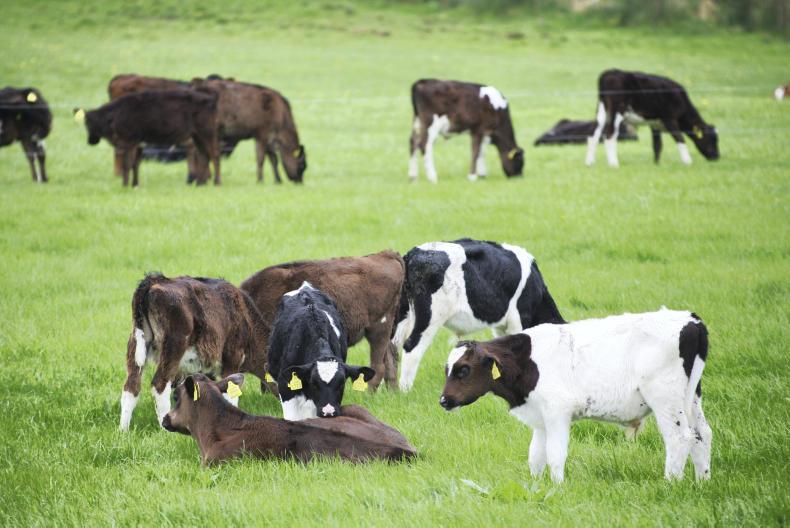
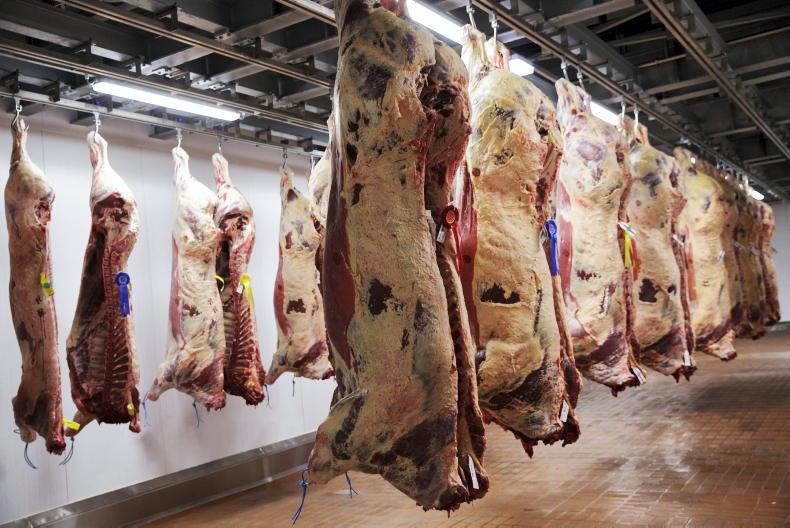

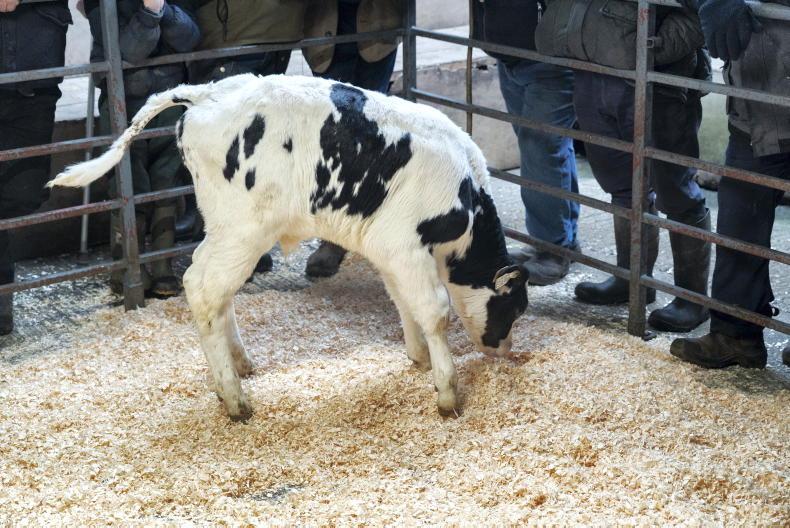
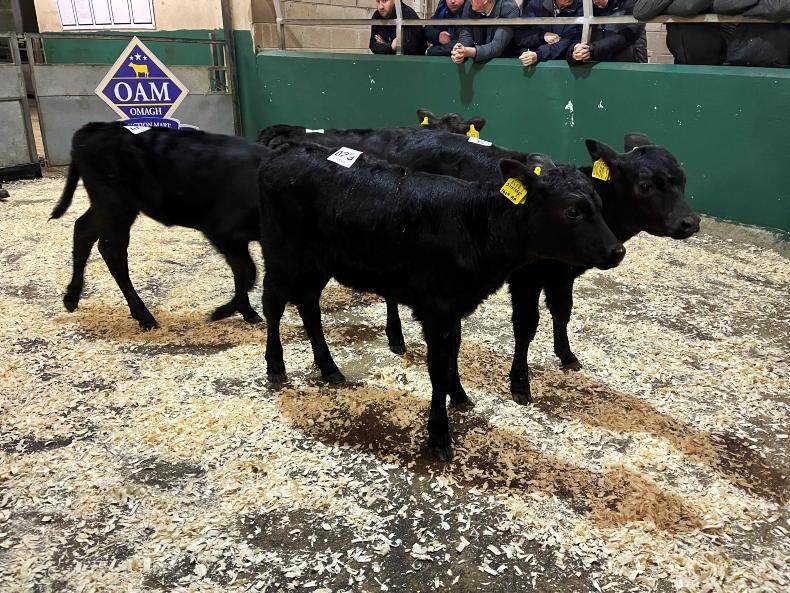
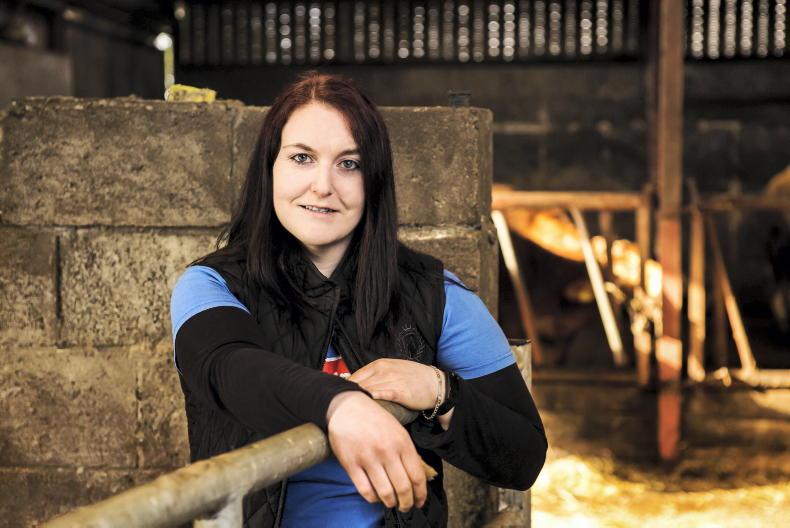
SHARING OPTIONS